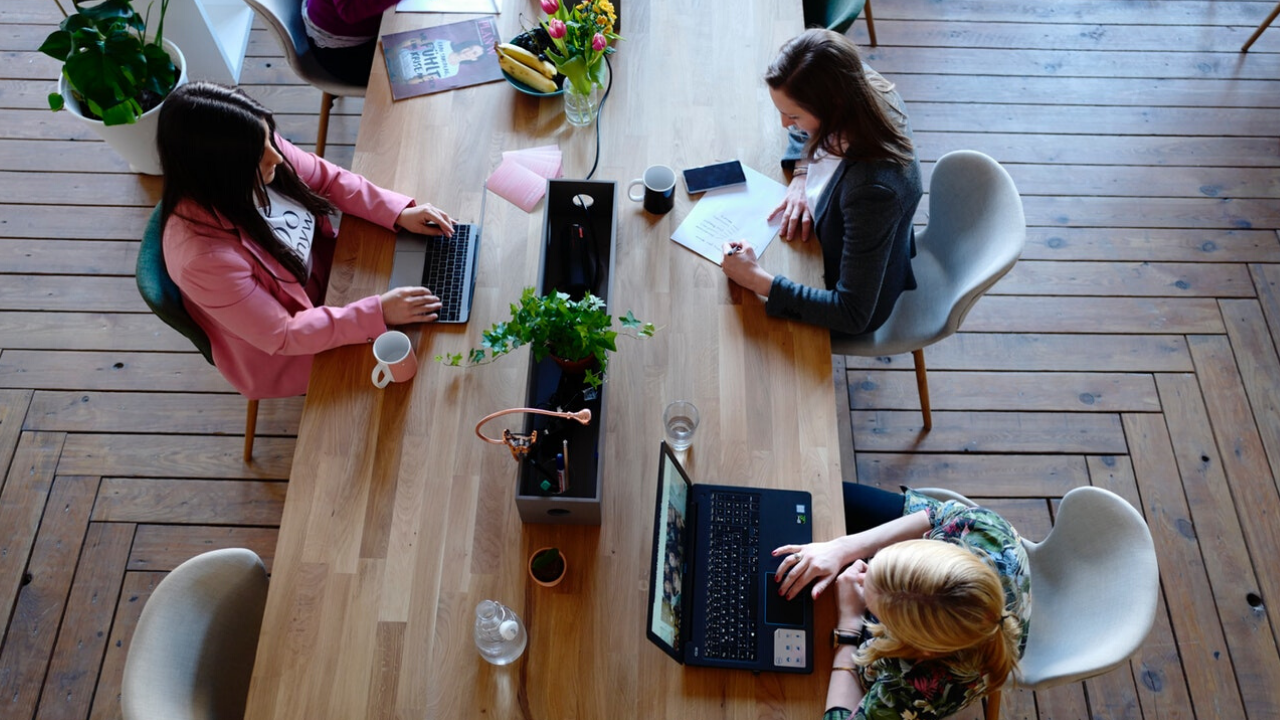Workspaces have evolved from an office space to simply get work done, to one of the most vital parts of running a successful business. Offices of today and the future incorporate technology and holistic design in order to better the productivity of workers, attract and retain talent and nurture a supportive community.
This also involves including everything workers need to maintain a work-life balance, such as cafeterias, fitness facilities and more. That is why companies that do not modernize their office could suffer from unsatisfied workers and a decrease in productivity.
One of the most prominent changes to emerge from workspaces in the past few years is the inclusion of flexibility. Offices today understand that employees want a change in environment in order to boost their productivity, so that is why many have started adding standing desks, lounges, quiet zones, breakout areas and more to accommodate all work styles.
Additionally, using technology to create smart offices can make every day work tasks much easier. For example, creating seamless connections allow meetings to run smoother and utilizing artificial intelligence to adjust lighting and temperature can boost the overall health of employees.
Incorporating natural elements in the workplace has been proven to promote the well-being and health of occupants. In fact, the Global Impact of Biophilic Design in the Workplace that surveyed 7,600 employees found that people with natural features in their workplace felt less stressed and were more productive and creative.


 Dr. Gleb Tsipursky – The Office Whisperer
Dr. Gleb Tsipursky – The Office Whisperer Nirit Cohen – WorkFutures
Nirit Cohen – WorkFutures Angela Howard – Culture Expert
Angela Howard – Culture Expert Drew Jones – Design & Innovation
Drew Jones – Design & Innovation Jonathan Price – CRE & Flex Expert
Jonathan Price – CRE & Flex Expert











